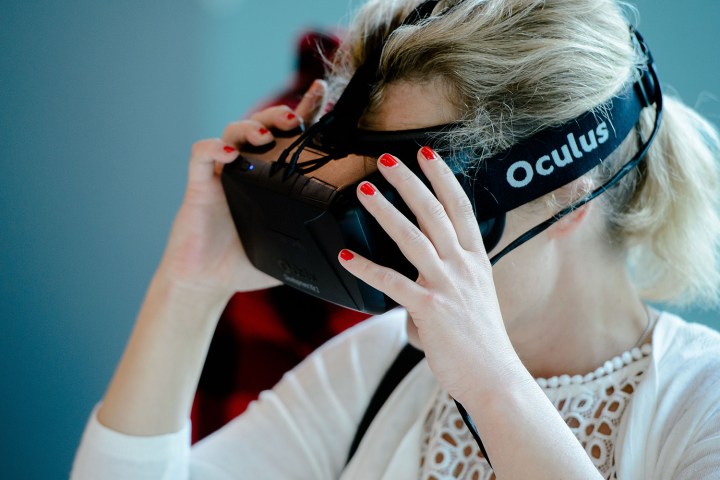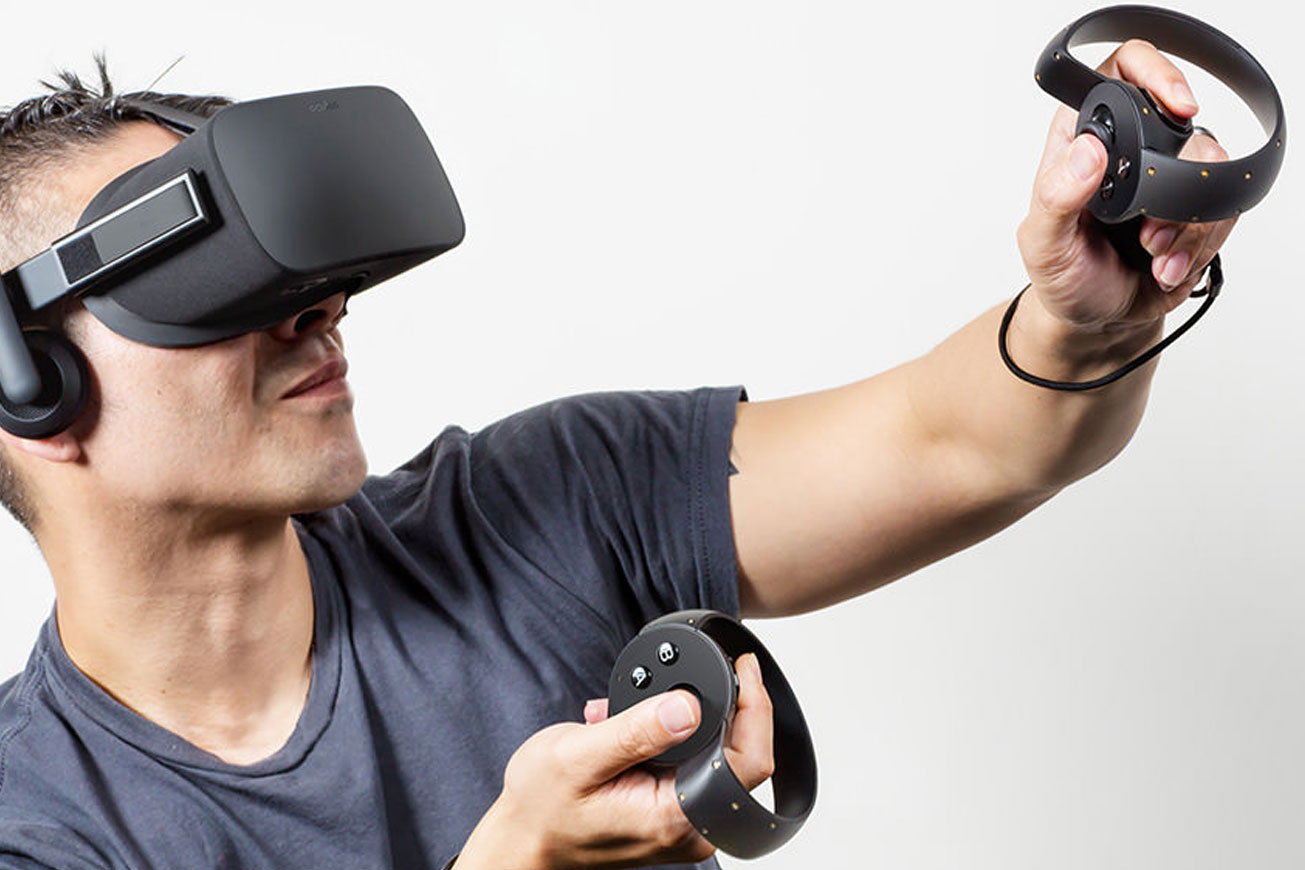
Palmer Luckey, Oculus’ founder and inventor, recently gave an interview discussing the fact that the Oculus Rift won’t launch with Touch controllers, suggesting that instead he wanted users to control games with what they’re used to — gamepads.
“We never planned on launching Touch with Rift,” Luckey said in an interview with Ars Technica. “We’re going to have a really great Touch lineup later in the year, but we really wanted to focus on the games people have been working on for years with gamepads right now.”

The decision is a diversion from what other companies are doing, but Luckey certainly seems to have his reasons. According to Luckey, he didn’t want to push Touch controllers onto consumers and consequently raise the price of the Oculus Rift package, because consumers might not even want Touch controllers yet. Additionally, Touch controllers will only be compatible with a handful of games at launch, making them useless for users who don’t have those games.
Related Offer: See Oculus Rift virtual reality headset and desktop Bundles here
Still, the lack of Touch controllers will be a big omission for some users, especially because it will greatly add to virtual reality the experience. Instead of simply being able to reach into the virtual environment, users will have to control games with traditional gamepads.
According to Luckey, the “launch” of the Oculus Rift will take multiple years. Sure, the first headsets will ship in just a few weeks, but consumer adoption isn’t going to be immediate, and the hardware being released will reflect that. Even when Oculus’ Touch controllers are released, it will take some time for consumers to get used to them and start using them easily. That may give other companies a competitive edge in the meantime, but Oculus thinks that exclusive content and the hype surrounding its headset will help alleviate that.



